Mind, languages and society - Interdisciplinary Cognitive Science Education
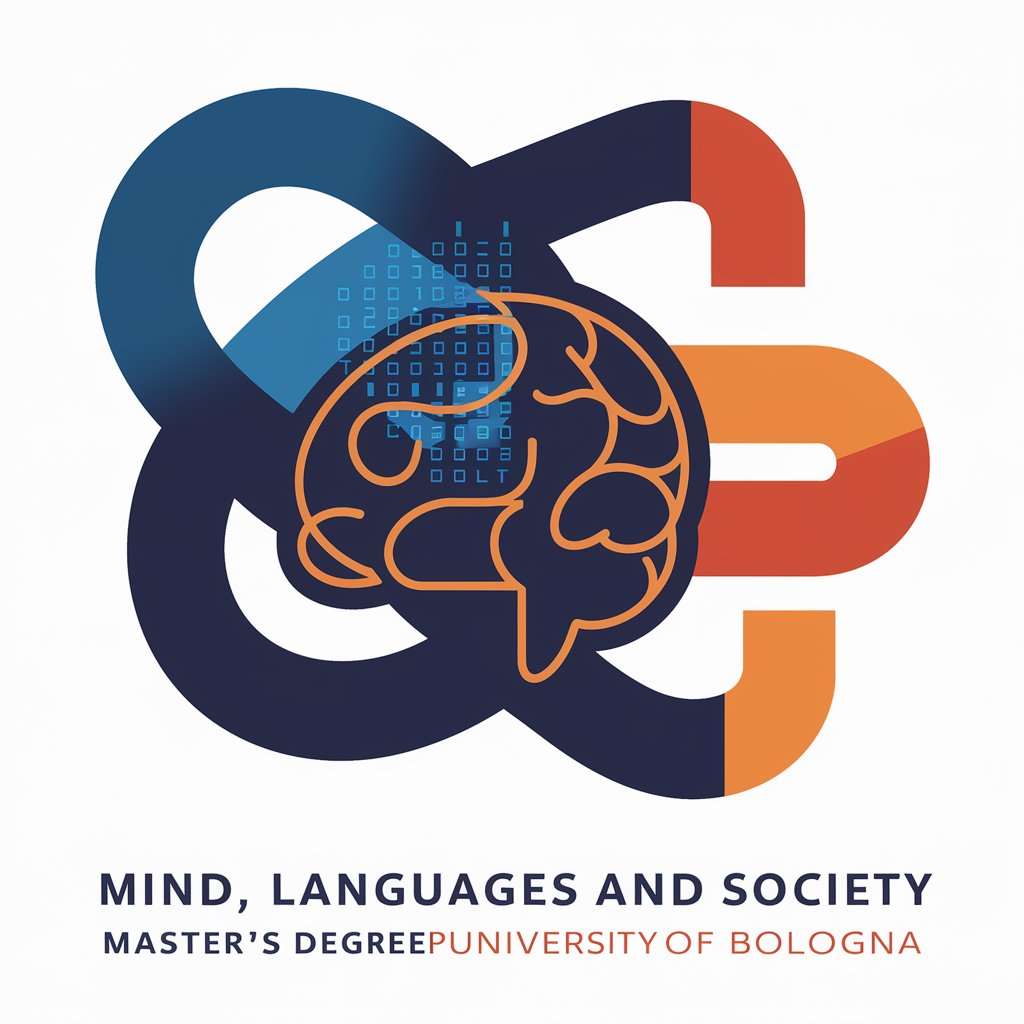
Welcome! Explore the intersection of mind, language, and society with us.
Integrating minds, languages, and societies with AI innovation.
Describe the interdisciplinary approach of 'Mind, Languages and Society' and how it integrates cognitive science with social applications.
What are the key benefits for international students enrolling in the 'Mind, Languages and Society' program?
Explain the significance of including both human and artificial intelligence in the 'Mind, Languages and Society' curriculum.
Outline the unique career opportunities available to graduates of 'Mind, Languages and Society'.
Get Embed Code
Introduction to Mind, Languages and Society
Mind, Languages and Society is an innovative master's degree program offered by the University of Bologna, focusing on the interdisciplinary study of human cognition, language, and social dynamics. This program integrates concepts and methodologies from psychology, linguistics, artificial intelligence, philosophy, and social sciences to explore the complex interactions between the mind, languages, and society. Through a balanced mix of theoretical and practical learning experiences, students delve into topics such as human-machine interaction, media and arts in digital communication, virtual and augmented reality, and the ethical and social implications of artificial intelligence. The program's unique structure encourages the development of cross-disciplinary skills, preparing graduates to tackle culturally and socially relevant issues with theoretical and applied innovations. Powered by ChatGPT-4o。

Main Functions of Mind, Languages and Society
Interdisciplinary Learning
Example
Courses integrating psychology, artificial intelligence, and philosophy to explore the nature of cognition and consciousness.
Scenario
A module on cognitive psychology paired with artificial intelligence methods to analyze human decision-making processes, enhancing understanding of both natural and artificial intelligence.
Media and Arts Integration
Example
Projects focusing on how digital technologies like virtual reality can shape cognitive processes and social behavior.
Scenario
Students create a virtual reality experience that simulates social interactions in different cultural contexts, studying the impact on empathy and social cognition.
Ethical and Social Implications Analysis
Example
Seminars and workshops on the ethical use of AI and its impact on society.
Scenario
A workshop where students evaluate AI-driven social media algorithms, discussing their effects on public discourse and proposing ethically informed improvements.
Research and Innovation
Example
Capstone projects that allow students to conduct original research or develop innovative technologies at the intersection of cognitive sciences and digital media.
Scenario
A group project developing an AI tool to analyze linguistic patterns in social media for mental health monitoring, incorporating psychological theories on language and emotion.
Public Engagement and Communication
Example
Training in science communication and public engagement practices, with opportunities to engage with local communities and organizations.
Scenario
Students organize a public lecture series on the societal implications of machine learning, aiming to demystify AI technologies for a non-specialist audience.
Ideal Users of Mind, Languages and Society Services
Prospective Graduate Students
Individuals with a bachelor's degree in psychology, linguistics, computer science, or related fields seeking to deepen their interdisciplinary understanding of the cognitive and social aspects of language and society.
Research and Development Professionals
Professionals in tech companies, NGOs, and research institutions looking to apply interdisciplinary insights into human cognition and social dynamics to develop more humane and socially aware technologies.
Educators and Policy Makers
Educators and policy makers interested in understanding the impact of digital technologies on learning and social interaction to inform curriculum development and public policy.
Artists and Designers
Creative professionals exploring the intersections of art, technology, and society, seeking to incorporate cognitive and linguistic insights into their work.
Ethicists and Social Scientists
Individuals focusing on the ethical, legal, and social implications of artificial intelligence and digital media, aiming to contribute to more ethical technology use and policy.

Using Mind, Languages and Society: A Step-by-Step Guide
Start with a Free Trial
Begin by visiting yeschat.ai to access a free trial without the need for login or a ChatGPT Plus subscription, offering a straightforward entry point.
Explore Interdisciplinary Themes
Dive into the rich curriculum that blends psychology, linguistics, and social sciences, focusing on cognitive sciences from an interdisciplinary perspective.
Engage with Innovative Learning Modules
Engage with a variety of modules that emphasize innovative teaching methods, including human-centered computing, artificial intelligence, and digital media analysis.
Participate in International Collaborations
Take advantage of opportunities for international collaborations through visiting seminars and workshops led by experts from around the globe.
Apply Knowledge in Real-World Contexts
Utilize the knowledge and skills acquired to tackle socially and culturally relevant issues, promoting theoretical and practical innovations for societal benefit.
Try other advanced and practical GPTs
Sowapi - Comportementaliste canin et félin
Empowering pet owners with AI-driven behavioral insights.

Flick Finder
Discover Movies with AI Precision

Smart Aleck
Elevate Your Social Media with AI-Driven Wit
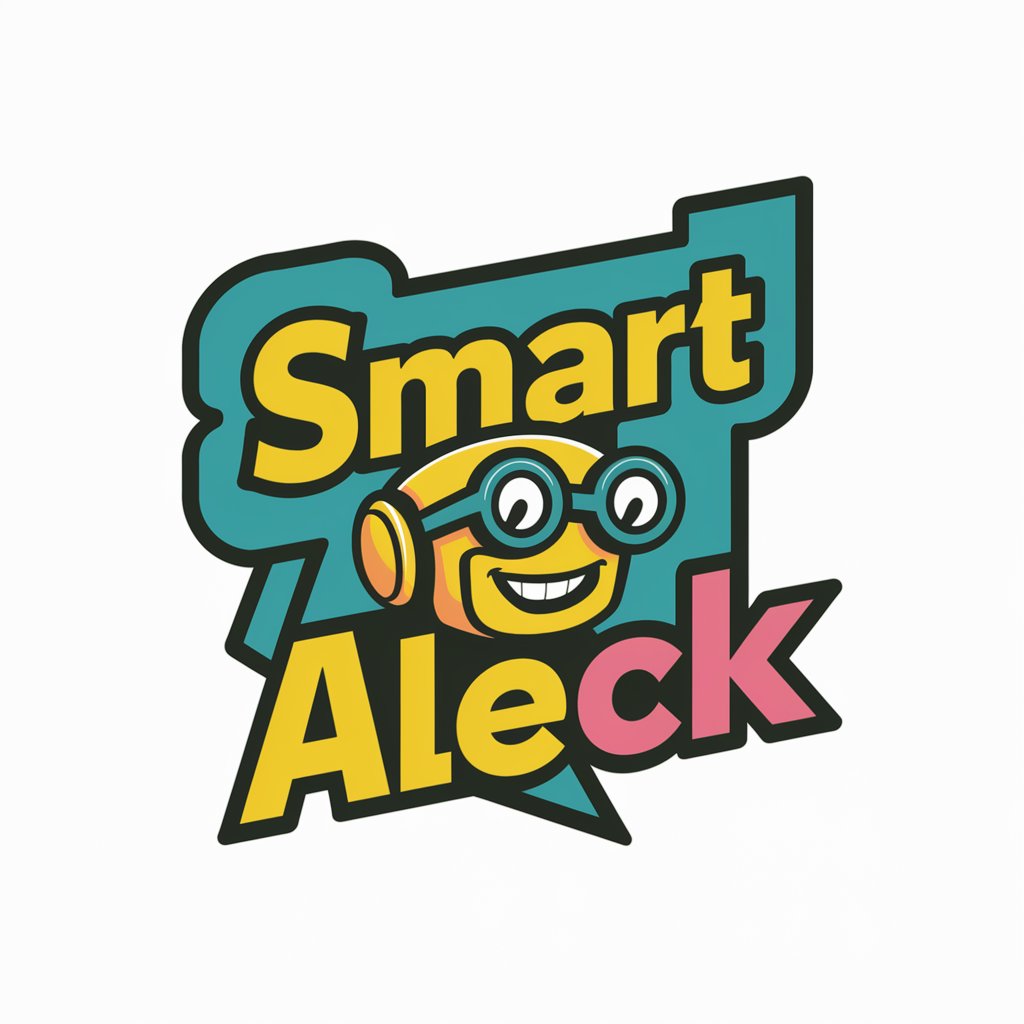
Flick Chat
Dive into conversations with your favorite screen characters.

Smart Aleck
Empowering Conversations with AI Smarts
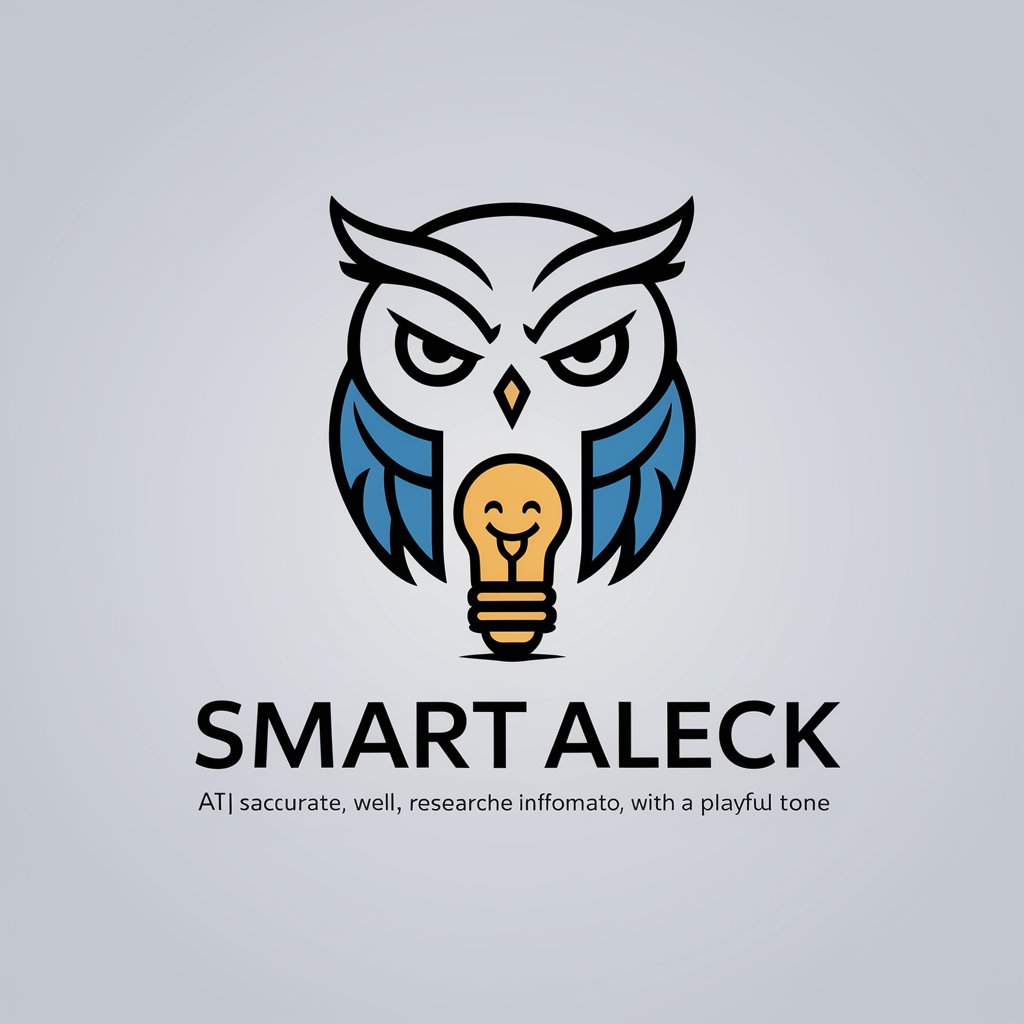
OPRATUS™
Empowering business operations with AI
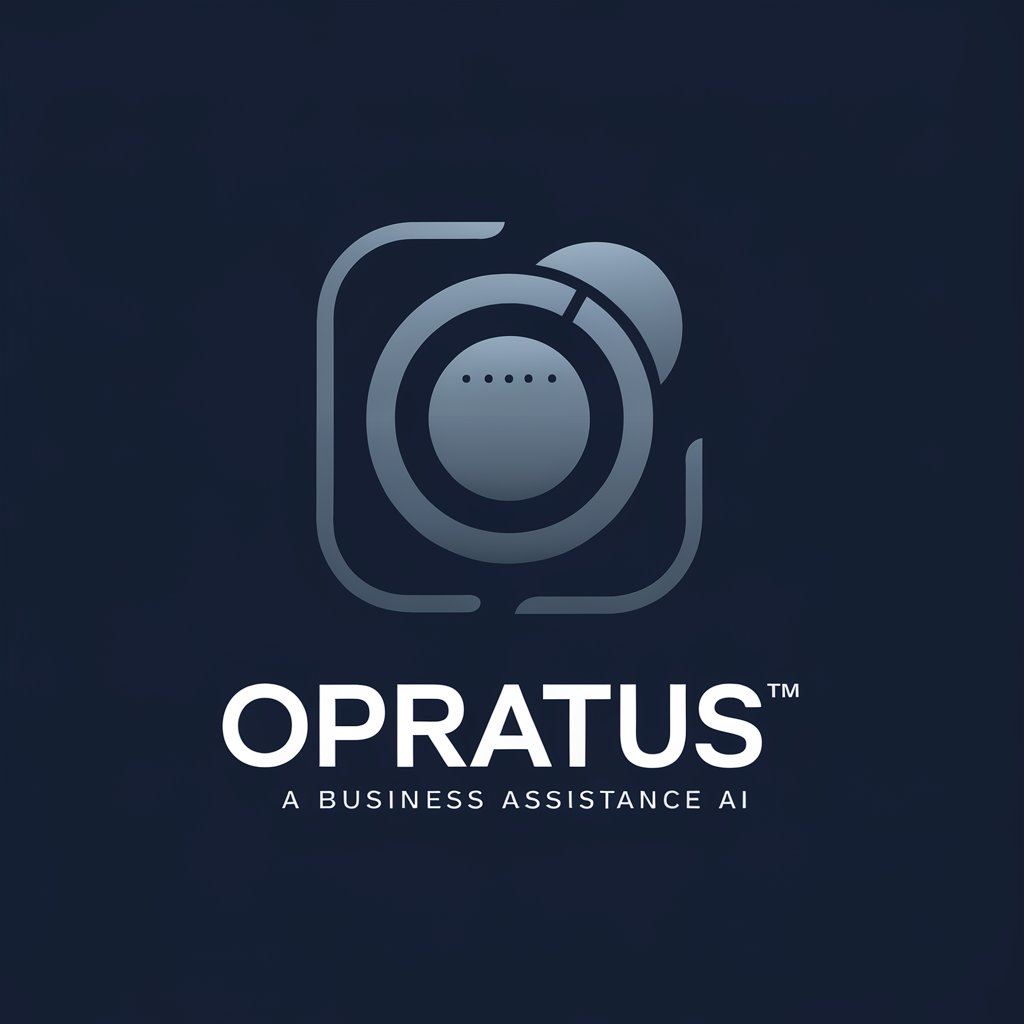
TOT Research+
Elevating Research with AI Precision
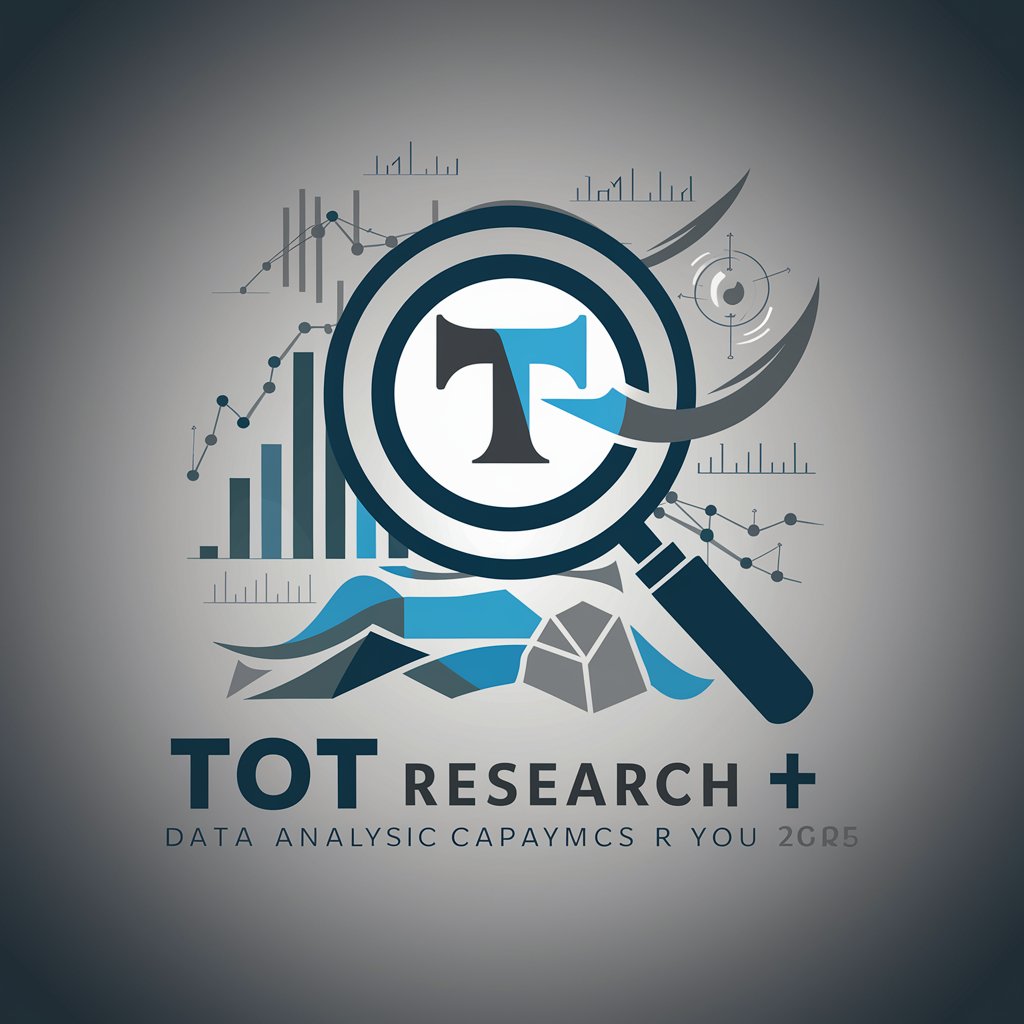
TOT Birthday Analyzer
Discover Yourself Through Your Birthday
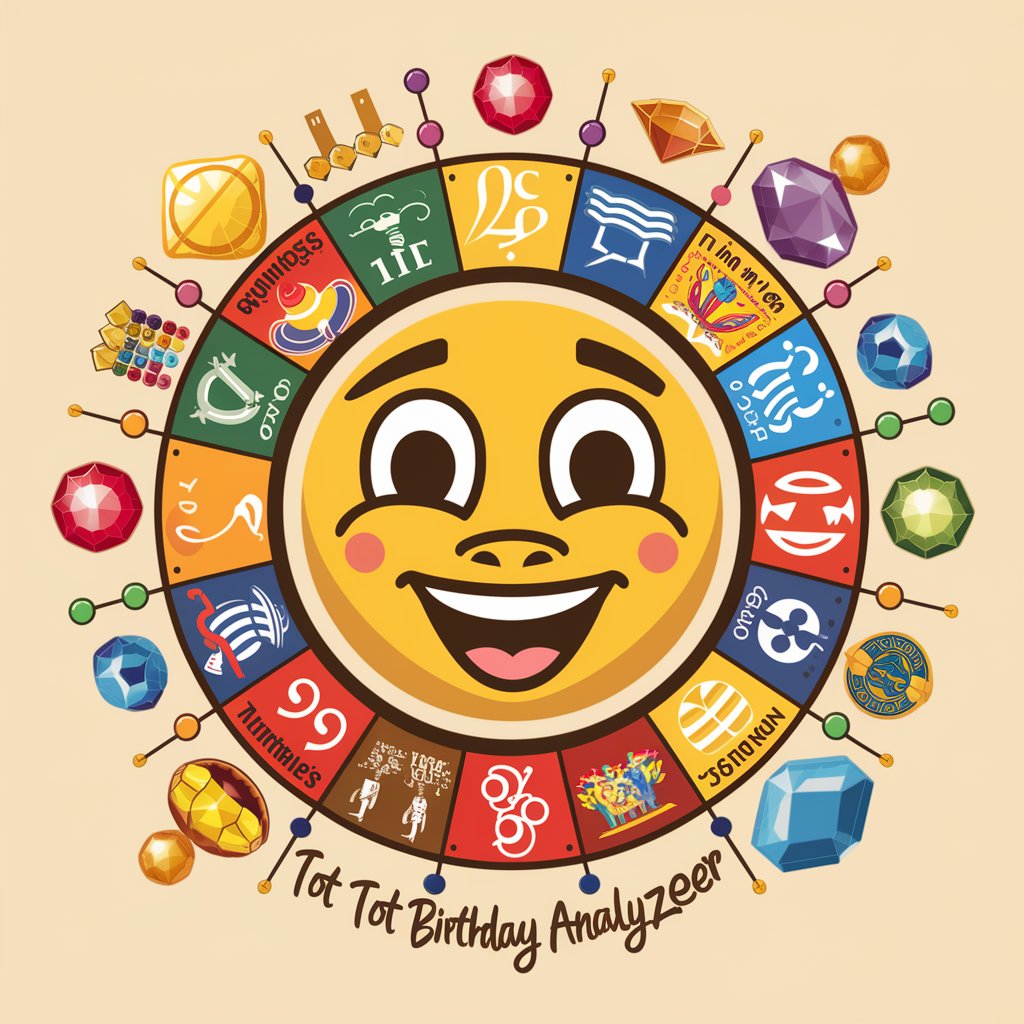
ToT GPT
Strategize. Optimize. Realize with AI.
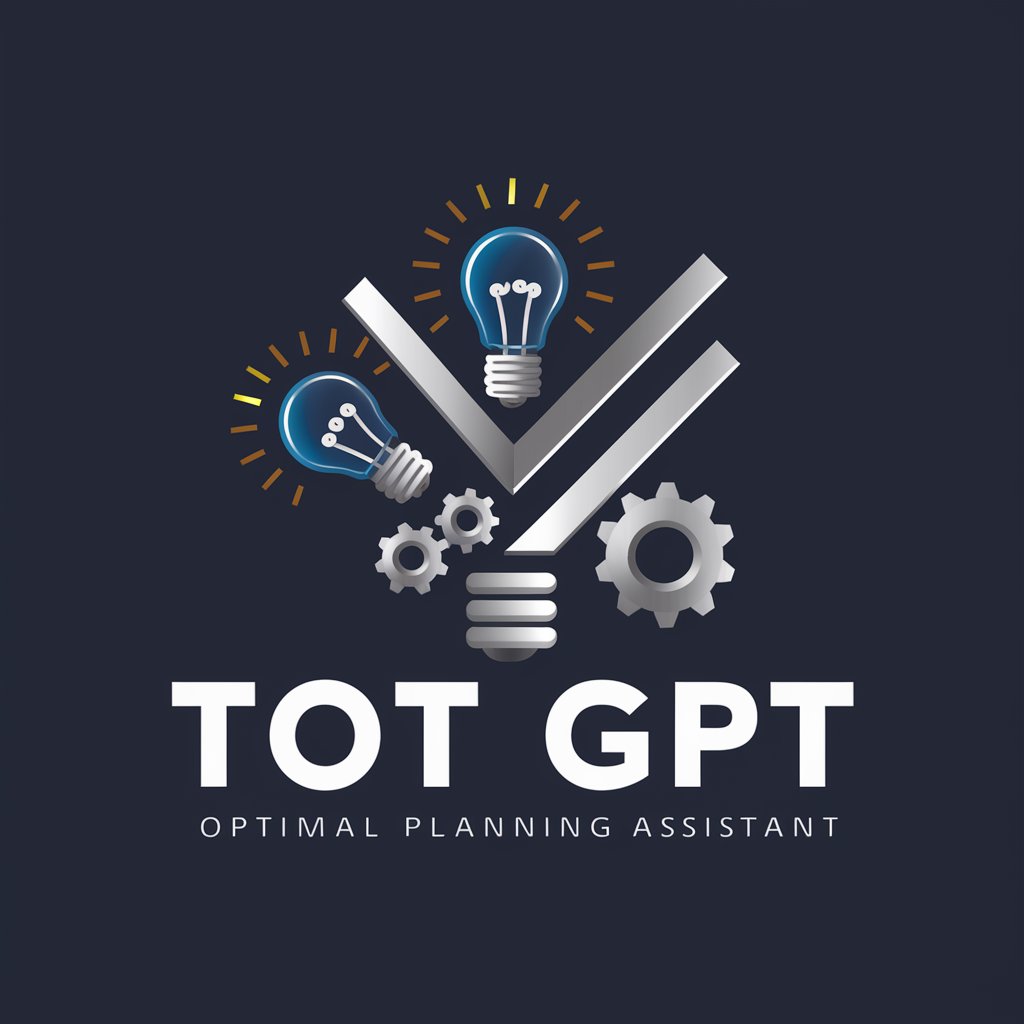
First Principle Navigator with ToT
Simplifying Complexity with AI-powered Insight
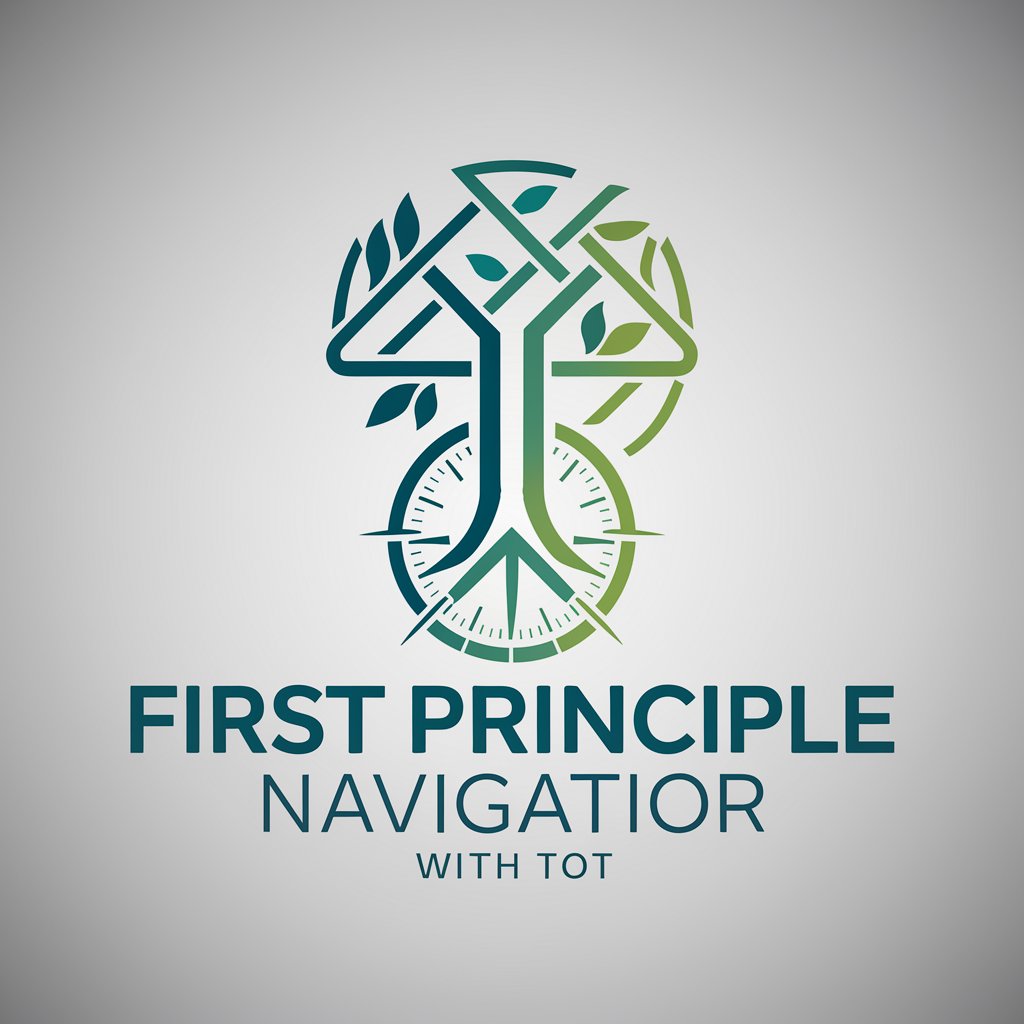
Gym Buddy
AI-powered Personal Training Assistant

Personal English Coach
AI-driven English proficiency enhancement

Questions & Answers on Mind, Languages and Society
What makes Mind, Languages and Society unique?
Its interdisciplinary approach that integrates cognitive sciences with psychology, linguistics, and social sciences, emphasizing both theoretical understanding and practical applications.
How does the program incorporate technology?
Through courses on artificial intelligence, human-centered computing, and digital media analysis, students learn to apply tech innovations within cognitive and social contexts.
Can international students participate in the program?
Yes, the program is offered in English to attract and accommodate international students, offering them a global perspective on cognitive sciences.
What opportunities does the program offer for practical experience?
It includes lab activities, internships, and project-based courses designed to apply theoretical knowledge in practical settings, preparing students for professional careers.
How does the program prepare students for the future?
By equipping them with a broad set of interdisciplinary skills and critical thinking abilities, enabling them to innovate and address complex challenges in diverse fields.
